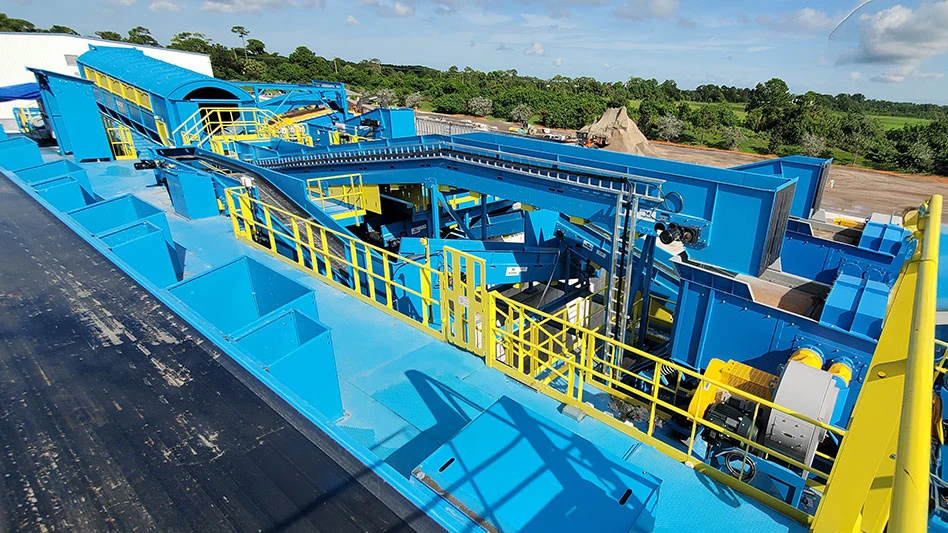Stainless steel capacity ‘is still undergoing a phase of expansion’ and production continues to increase at more than 7 percent per year, the BIR Stainless Steel & Special Alloys Commitee meeting was informed by its Chairman Sandro Giuliani of Italy’s Giuliani Metalli-Cronimet Group. He added that Chinese demand remained the driving force for this production increase despite the existence of SARS, with figures from the country’s Metallurgical Council indicating a 21 percent increase in imports of stainless steel products during the first quarter of this year.
However, Giuliani pointed to ‘a drop in orders and a decline in production compared to forecasts’ over recent days, adding that it was too early to say whether this signaled a major shift in market trends.
Giuliani noted that consumption in industrialized countries was ‘showing no sign of recovery’ and that this situation was having an adverse impact on scrap collection, while export restrictions imposed by the former Soviet Union were continuing to bite. Since ‘scrap availability cannot fulfill the stainless steel production requirements’, countries depending on scrap imports - such as those in Western Europe - would have to ‘lower the scrap ratio’, he contended.
The theme of increased production capacity was maintained by the guest speaker at the Oslo meeting. Jussi Yli-Niemi, production manager at AvestaPolarit Stainless Oy’s steel melting shop in Finland, provided an update on his company’s investment at Tornio, which would lead to what the speaker described as ‘the largest single stainless steel production unit in the world’. By 2005, on-site melting shop and hot rolling capacity would both be around 1.65 million metric tons per year, while cold rolling capacity would reach 1.2 million metric tons. The VAI continuous caster installed last year had already achieved a ‘new world record’ speed of 1.7 meters per minute, Yli-Niemi told delegates.
According to the speaker, the plant would be able to use a ‘huge’ 600,000 metric tons of stainless steel scrap each year. New dock facilities would enable five or six vessels to be received simultaneously while a railroad connection to Russia would also be ‘very important’, the speaker confirmed.
In the opinion of Barry Hunter of US-based Hunter BenMet Assoc., processor needs and availability of prime quality 18/8 scrap would effectively ‘offset any downward price pressure expressed in LME nickel’. Operators of new and proposed melting facilities would look to secure ‘major’ supply commitments to ‘assure even their minimum requirement of purchased scrap for a vastly increased production’, he added.
In a report read out in Oslo by Hunter, Stuart Freilich of Universal Metals Corp. suggested 2003 and most of 2004 would be ‘trying times’ for vacuum quality aerospace nickel alloys and especially for the titanium markets. Military spending would be an important factor while many of the world’s large high-cost airlines would have to restructure their business model in order to survive. Freilich concluded: ‘The revert titanium industry, as we known it, is history and some American and European titanium producers will not exist in the future as they will not be able to compete with Russian and Chinese producers, who continue to make inroads into these markets.’
Latest from Recycling Today
- Greenwave raises revenue but loses money in Q2 2025
- Recycled steel prices hold steady
- EY says India’s need for scrap imports will continue
- Coming full circle
- Amcor, DCM introduce fertilizer packaging with 35 percent recycled content
- Comstock Metals gets closer to commissioning commercial-scale solar panel recycling facility
- Washington selects Circular Action Alliance as PRO
- Smurfit Westrock expands in Latin America





